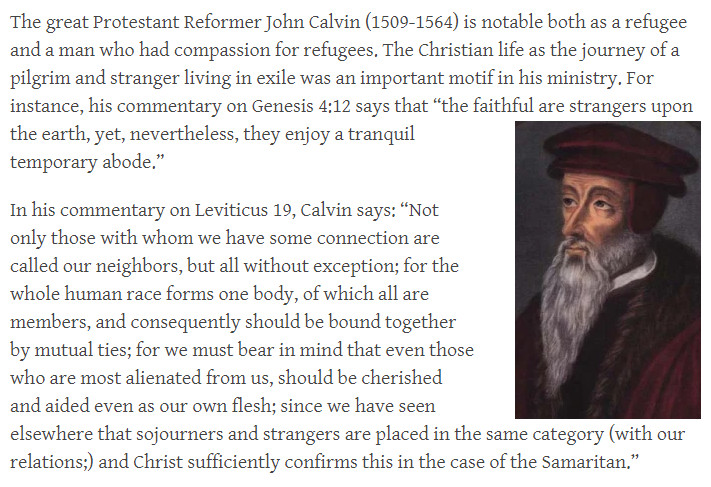Artur and Ahmed: Prison Mates in UAE Hell | Human Rights WatchAs the UAE brazenly promotes itself as a tolerant and rights-respecting state, Ahmed Mansoor, the man who stood up for so many people unjustly imprisoned before him, stands to mark his 50th birthday in solitary confinement in deplorable conditions, said Sarah Leah Whitson, Middle East director at Human Rights Watch.
On this September morning, Artur sits in a small apartment on the east side of the Vistula River in Warsaw and shares his story of a falling-out with a member of Abu Dhabis ruling family and his subsequent arrest, life sentence, and months in prison before Polish authorities secured his release. Now free, what he wants most of all is for the world to know about his friend, Ahmed Mansoor, the United Arab Emirates (UAEs) highest-profile dissident, who hasnt been heard from since his enforced disappearance in March 2017.
Prior to his arrest, Ahmed was the last activist standing in the UAE, and the last glimmer of light in a country that has become a black hole for human rights activism. The UAE authorities have no tolerance for critics, and a raft of repressive laws designed to quash dissent ensures that little criticism gets out. For years, Ahmed refused to be cowed, and eventually the UAE authorities moved in on him. Ahmed suffered the same consequences as the Emirati men and women he long fought for: a late-night visit from the state security apparatus in blacked out 4x4s, and whisked off in shackles to prison.Though he is now free, Artur bears the scars of his traumatic experience. He is now seeing a specialist to deal with the post-traumatic stress disorder he attributes to the brutality he saw in prison and for the rape by prison guards he says he experienced. Now back in Poland and trying to rebuild his life, he paints a picture of Ahmeds life that is grim but tinged with hope.Artur managed to keep a notebook of his time in prison and on page 150 is a sketch of his cell: a dank, insect-infested hole, four meters square, with a hole in the ground for a toilet.
Ahmed somehow managed to survive these conditions without breaking until December 2018. By that point, it had been nearly 2 years since his arrest, and 7 months after a court sentenced him to 10 years imprisonment for insulting the status and prestige of the UAE and its symbols, including its leaders. Hed survived a great deal before that too a seven-month spell in jail in 2011 for calling for political reform, public death threats, two physical assaults, the suspicious theft of his car, and the mysterious disappearance of thousands of US dollars worth of life savings from his bank account. Through it all, he persisted.
But in December 2018, when the Federal Supreme Court upheld his 10-year sentence, the news shook him. I remember the day when he lost the appeal, says Artur. He came [back] to the isolation ward and he start[ed] to shout. Shortly after, Ahmed decided to go on hunger strike. Artur, who unlike Ahmed was allowed to leave the isolation ward to go to the canteen, caught glimpses of Ahmeds physical deterioration as he passed by the tiny window to Ahmeds cell. He lost immediately a lot of weight. Changed color of the face.
When news of Ahmeds hunger strike went public, things got slightly better for Ahmed, recalls Artur. He was able to leave his cell to go to the canteen, call his mother, and go outside. I remember he was crying like a baby.Before the interview ends, Artur relays one more remarkable snippet of information about Ahmeds case: prison authorities told Ahmed that they had no control over his conditions and that all instructions came direct from the Presidential Palace. Ahmed has picked one hell of a fight.
The story of how the lives of the Polish businessman and the Emirati engineer, poet, and rights activist Ahmed Mansoor became intertwined is a tragedy for both men. One man free but shattered, another in limbo, disappeared, locked up in a dank, squalid cell and deprived of his freedom because he had the courage to fight for the freedoms of others. Yet there is hope. Even in an isolation ward in one of the most repressive countries imaginable, Ahmed managed to make a human connection and get his message out. Hes still here, and hes still fighting.






 Reply With Quote
Reply With Quote






































